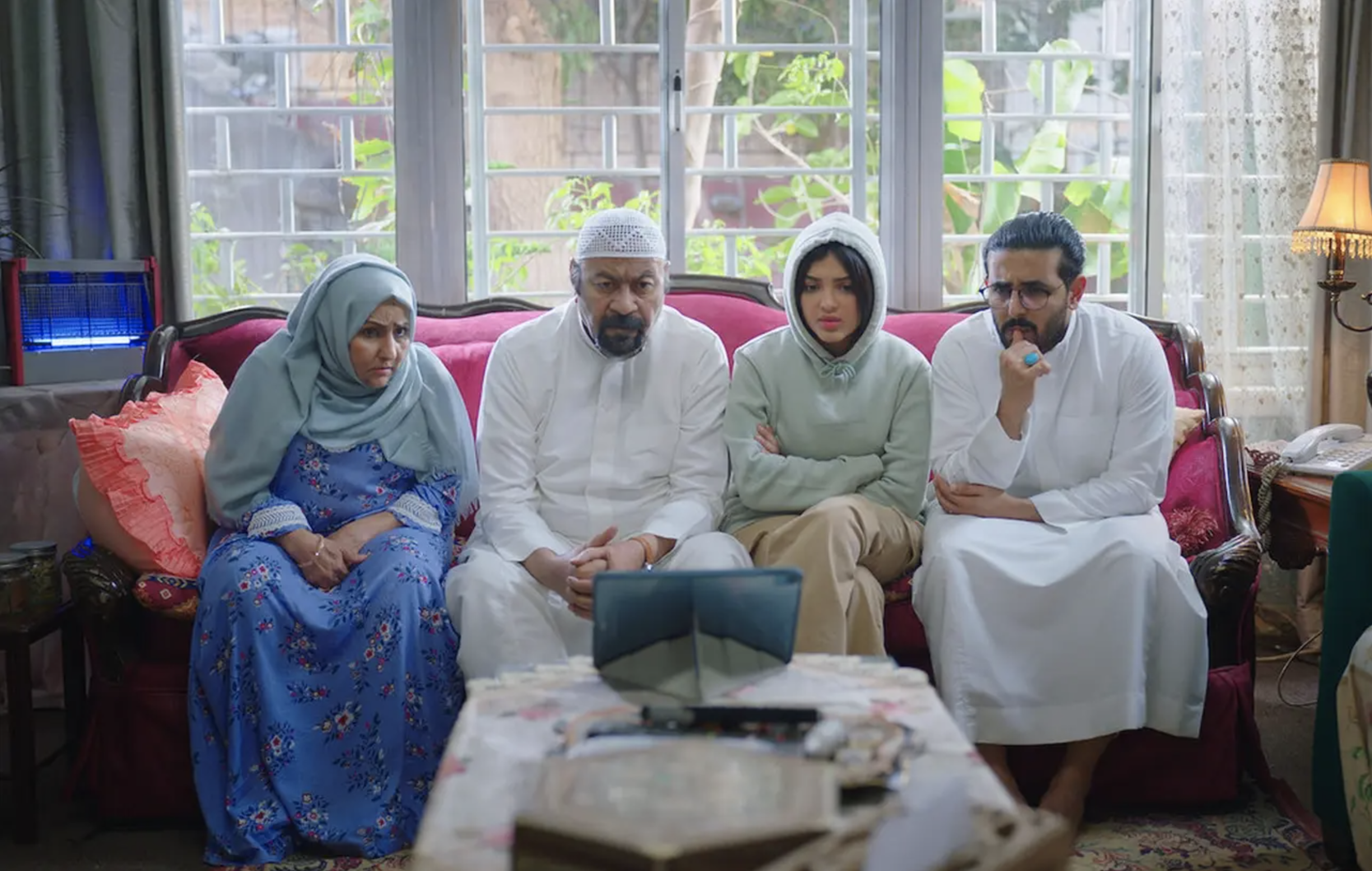As the first Saudi series created by Netflix, Tahir's House often feels like it's playing it safe, as if not to step anywhere out of line. This leads to generally tepid results for the show's comedy; despite music cues and the actors' line delivery implying that what we're watching is meant to be comedic, the jokes are only mildly amusing at best. But even as the series relies too much on characters commenting on disagreements and misunderstandings (rather than making the situations funny themselves), it still provides an interesting peek into the dynamics of an ordinary Saudi family tied to a common business. There are generational, class, and gender differences aplenty here, illustrating how even the most ordinary decisions are always tied to matters of faith, culture, and money.



